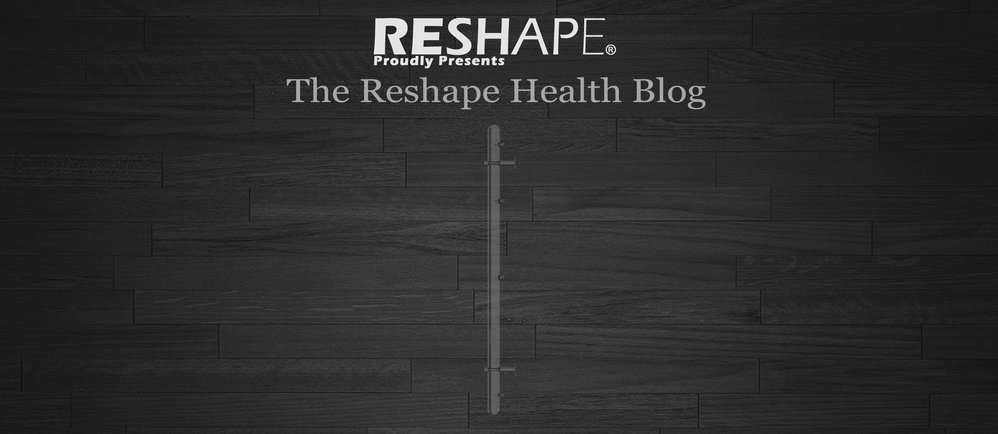Powered by healthy living

The Reshape Revolution
Proudly Presents
The Reshape Health Blog
Health is a state of complete physical, mental and social well-being and not merely the absence of disease or infirmity.
- Marios Winding

Studies have shown that high levels of stress can affect your health.
Health is the level of functional or metabolic efficiency of a living organism. In humans, it is the general condition of a person's mind and body, usually meaning to be free from illness, injury or pain (as in "good health" or "healthy"). The World Health Organization (WHO) defined health in its broader sense in 1946 as "a state of complete physical, mental, and social well-being and not merely the absence of disease or infirmity." Although this definition has been subject to controversy, in particular as lacking operational value and because of the problem created by use of the word "complete," it remains the most enduring. Other definitions have been proposed, among which a recent definition that correlates health and personal satisfaction.
Systematic activities to prevent or cure health problems and promote good health in humans are undertaken by health care providers. The term "healthy" is also widely used in the context of many types of non-living organizations and their impacts for the benefit of humans, such as in the sense of healthy communities, healthy cities or healthy environments. In addition to health care interventions and a person's surroundings, a number of other factors are known to influence the health status of individuals, including their background, lifestyle, and economic, social conditions, and spirituality; these are referred to as "determinants of health."
The Best Way to Beat Injury
When we think of nutrition, most of us think of fueling or recovering from training. But food plays another, equally as important role: that of injury care and prevention.
Injury can be obvious, as is the case with a fall or a crash. It can involve wounds and skin abrasions, broken bones, tendons, ligaments and muscle damage. Injury can also be more subtle, manifested by an overuse strain, a tight hip, or plantar fasciitis.
Preventing injury requires a strong defense system. Workouts mean muscles fibers are constantly being broken down, bones are being remodeled and the immune system is being challenged. Once you are injured, your body needs extra energy to rebuild, adequate nutrients to remodel and repair, and antioxidants to help reduce inflammation associated with injury.
Below is a simple prescription for using food to help prevent and treat illness and injury
—and it's more than just an apple a day.
Build a rock-solid nutrition program!
Don't let your diet ruin your transformation goals. Follow these 7 tips from Personal Trainer Marios Winding and build a rock-solid nutrition program!
If you want to transform, you can't rely on your workouts alone to get the job done. Losing fat or building muscle takes a lot of hard work in the kitchen, too! Without a solid grasp of nutrition, you won’t get the results you're training so hard for. If you want to make 2015 your best year yet, you need to go in with a failproof nutrition game plan.
Our ReShape athletes are here to help! They know exactly what it takes to make the most of your nutrition so you can transform successfully. Implement their tips into your diet plan so you can efficiently burn fat and build muscle.